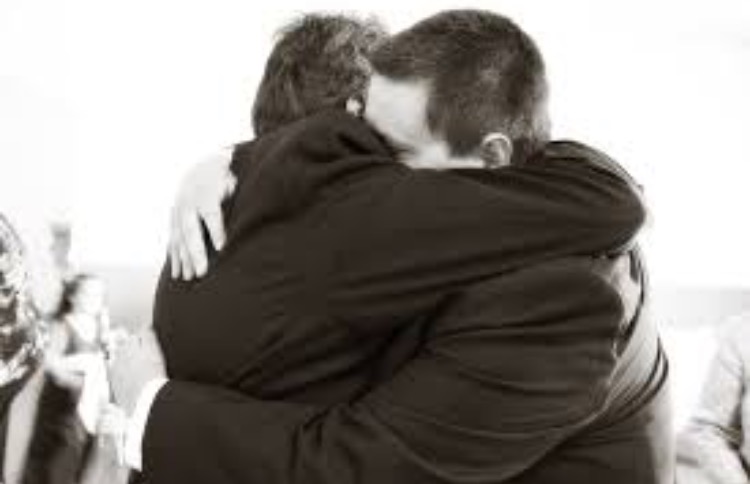College is overwhelming and it’s perfectly normal to be stressed and anxious. However, it is important to note that this is not the same as having an anxiety disorder. According to the Anxiety and Depression Association of America (ADAA), 18 percent of adults have an anxiety disorder and according to the American Psychological Association, 46 percent of college students have an anxiety disorder, such as general anxiety, social anxiety, obsessive compulsive disorder or panic disorder, so the odds of coming across someone in college having an anxiety attack are fairly high. Many people don’t know how to help someone who is having an anxiety attack.
Common symptoms of an anxiety attack are hyperventilating, sudden bursts of crying, scratching and extreme irritability. It’s important to know that if someone you love is having an anxiety attack, it probably has nothing to do with you and they may not even know what’s causing it. Some anxiety attacks can be caused by disorganization, indecisiveness, getting a bad grade or going too long without seeing one’s family. It’s different for everyone.
The best thing is to just ask them what needs to be fixed. If they respond with, “I don’t know,” don’t push. Don’t say, “Well, something has to be causing it,” because that will make it worse. If they don’t like to be touched, don’t hug them. Don’t tell them to breathe or calm down. Give them water and a snack, if possible. A great method is to casually start talking about something that you know they enjoy. Don’t make it obvious that you’re trying to distract them, if you can help it. Ask them if they want to hang out that weekend, see if they want food or ask them about their favorite movie. For a lot of people anxiety can feel like being trapped inside your own head, so to get them out of their head will often help with the problem. If they do like being touched, but still don’t know what the problem is, hold them for a minute and wait for them to calm down, while still trying to get their mind off of things. If you’re at home you can also do this by putting on their favorite music or movie.
If they do happen to know what’s causing the anxiety, help them complete the task or try to fix the problem. If they get a bad grade on a test, tell them their academic future isn’t ruined. If the room is messy, help them clean it. If the dishes are dirty, help them wash. If they’re overwhelmed with homework, help them come up with a plan to tackle their assignments. If they feel dirty or ugly (which is what caused my first anxiety attack), help them wash their hands, brush their hair and fix their makeup. If they’re running late and can’t find a desired item, help them find it. Most of these things seem like very small and irrelevant things, but for someone with an anxiety disorder, they make a world of difference.
If they take medication and you know that they take medication, ask them if they have had their dosage that day or lately. If anxiety attacks are happening more often than normal, there’s a good chance they haven’t taken their medicine because they thought they didn’t need it, or they’ve just forgotten.
Anxiety attacks feel like the world is crashing in on you and that there’s nothing you can do about it. It can prevent a person from doing important tasks, even tasks that could make the anxiety go away. It can feel like you’re all alone, so having someone present who knows how to handle it can be a big help. The most important thing is to be patient and supportive.


